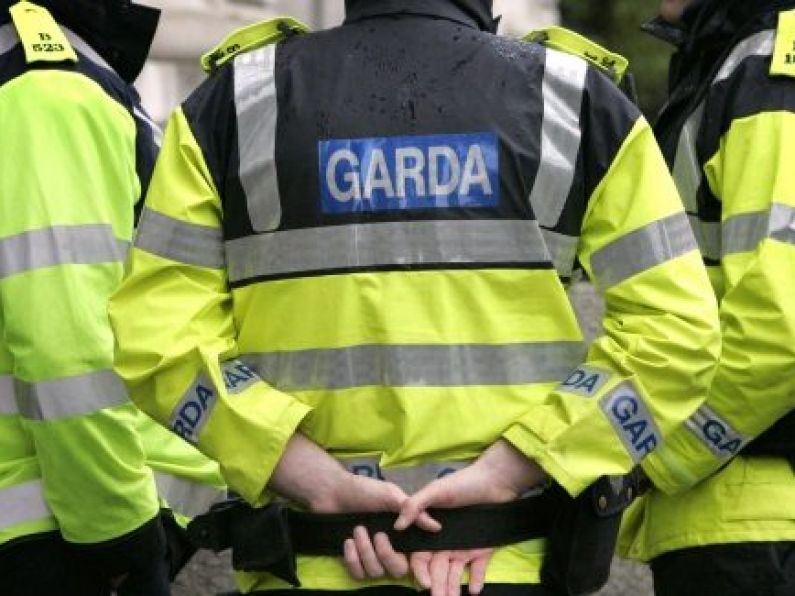Gardaí are investigating a €2m money laundering fraud involving approximately 200 "money mule” accounts.
The practice involves criminals recruiting young people to help launder stolen or illegal money using their bank account.
These people are promised a share of the proceeds in exchange for their account details.
The Garda National Economic Crime Bureau is investigating the multimillion-euro fraud involving monies sourced from a series of account takeovers involving a financial institution outside the jurisdiction.
The "money mules" accounts under investigation are located across the country and consist of single transactions ranging from £5,000 to £35,000.
The Garda National Economic Crime Bureau are liaising with Europol, Banking & Payments Federation of Ireland (BPFI) and the relevant financial institutions where the "money Mule” accounts are held.
Gardaí say it is an ongoing complex investigation.
The news comes as the Garda Campus Watch launches its "Creating Fraud Awareness” campaign today which will run until May 31.
The campaign will, in particular, warn young adults to not allow their bank account to be used by someone else.
An Garda Síochána is supporting the FraudSMART initiative of the Banking & Payments Federation of Ireland (BPFI) in advising consumers, particularly young adults, to be alert to the risks and consequences of recruitment as "money mules”.
A new survey commissioned by BPFI as part of its FraudSMART campaign shows strong evidence of "money mule” activity among young people in Ireland.
The survey found that 43% of 18-24-year olds are likely or very likely to lodge or transfer money for someone using their own bank account in exchange for keeping some of the money for themselves.
This is compared with an overall average of 29% of adults across all ages surveyed.
The survey also revealed that 14% of 18-24-year olds say that they or someone they know have already been approached by another person looking to use their bank details to store money for someone else.
When asked about transferring money, the figure jumps to 19% who reported that they or someone they know have been asked by a third party for their bank details to carry out a transaction.
Detective Inspector Catharina Gunne from the Garda National Economic Crime Bureau said; "A Money Mule is a person who transfers money illegally on behalf of other people. They allow their account to be used for the transfer of ill-gotten gains.
They may or may not be aware of the crime. However, they are complicit if they recklessly allow their account to be used to launder the proceeds of these crimes.
Students are often targeted by Organised Crime Gangs to act as money mules, laundering thousands of euro through their accounts in exchange for a few hundred euro.”
D/I Gunne advised: "If you agree to allow your account be used in this way you are committing the offence of Money laundering. Money laundering is a serious offence which on convictions carries a penalty of up to 14 years imprisonment. This will have a serious impact on your future travel plans, career opportunities, vetting and credit ratings.”
Niamh Davenport, Head of Fraud Prevention who leads the BPFI FraudSMART programme, said: "We understand that young adults are trying to juggle work and study with an active social life, with all kinds of costs to cover and it can be very tempting when someone offers you the chance to earn extra cash quickly for little effort.
"Our research shows that two in five 18-24-year olds are likely to do just that in exchange for their bank details, backed up by data from our member banks which shows that money mules are a growing reality in Ireland today."






